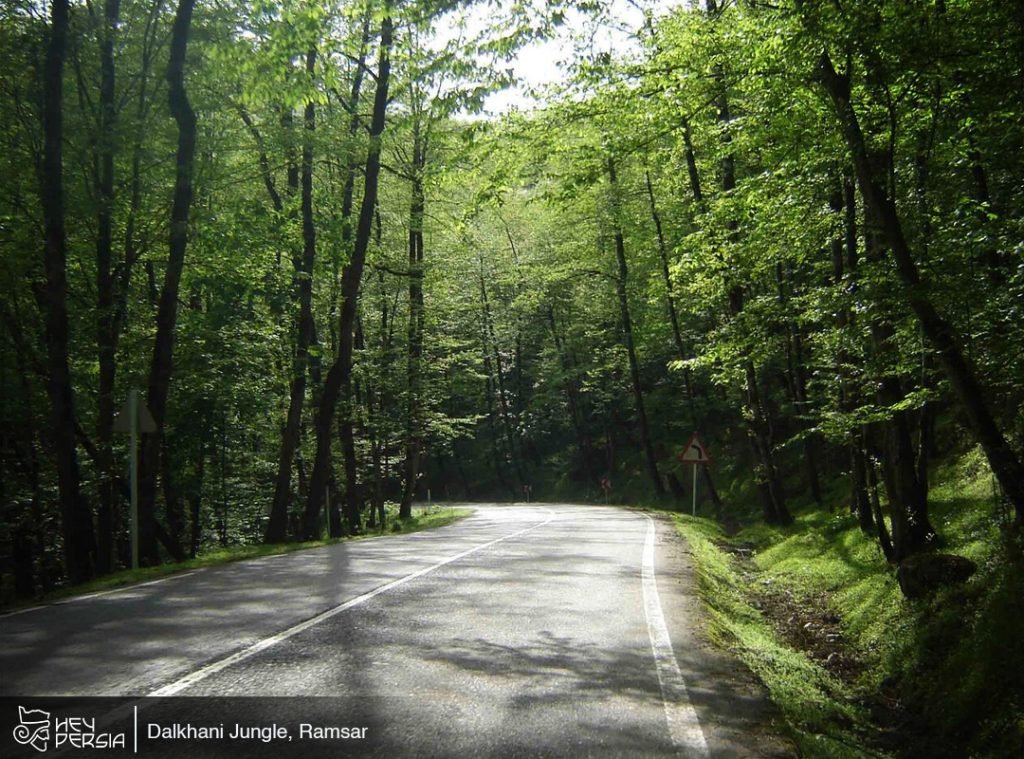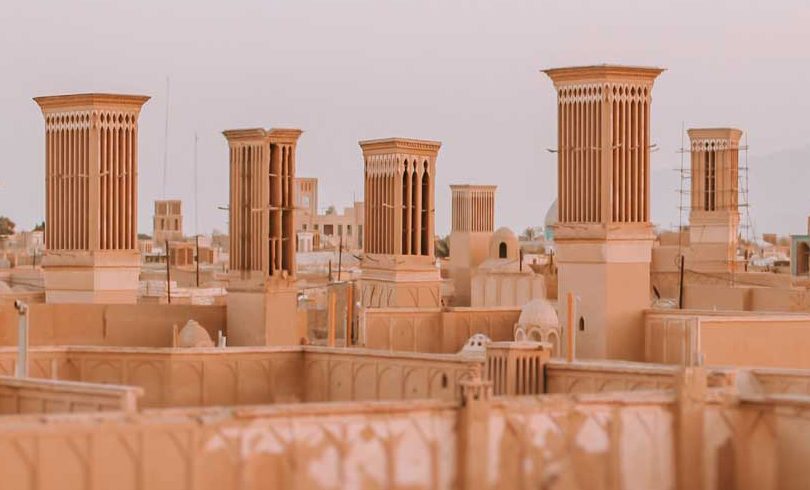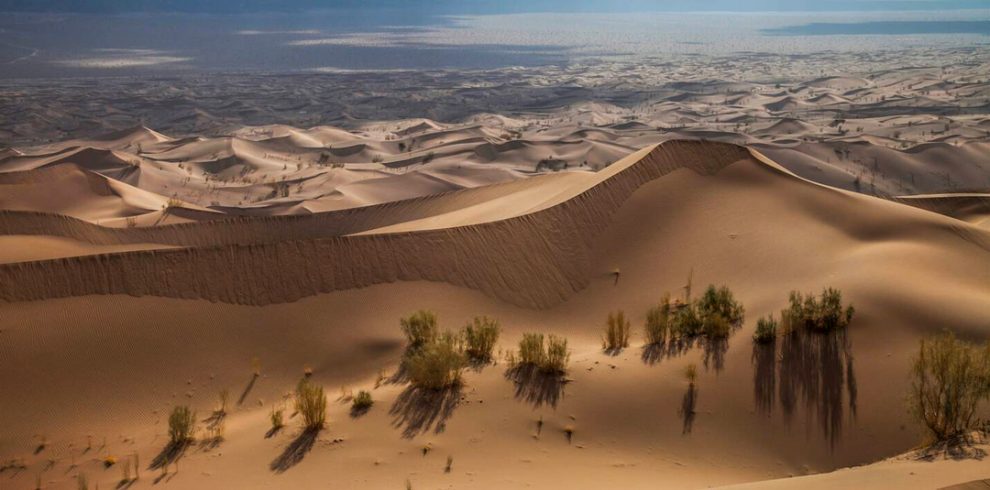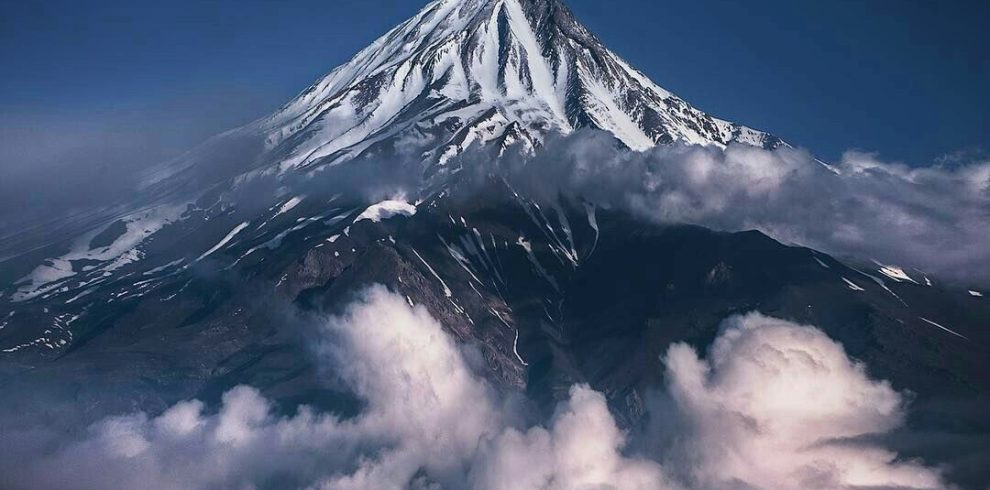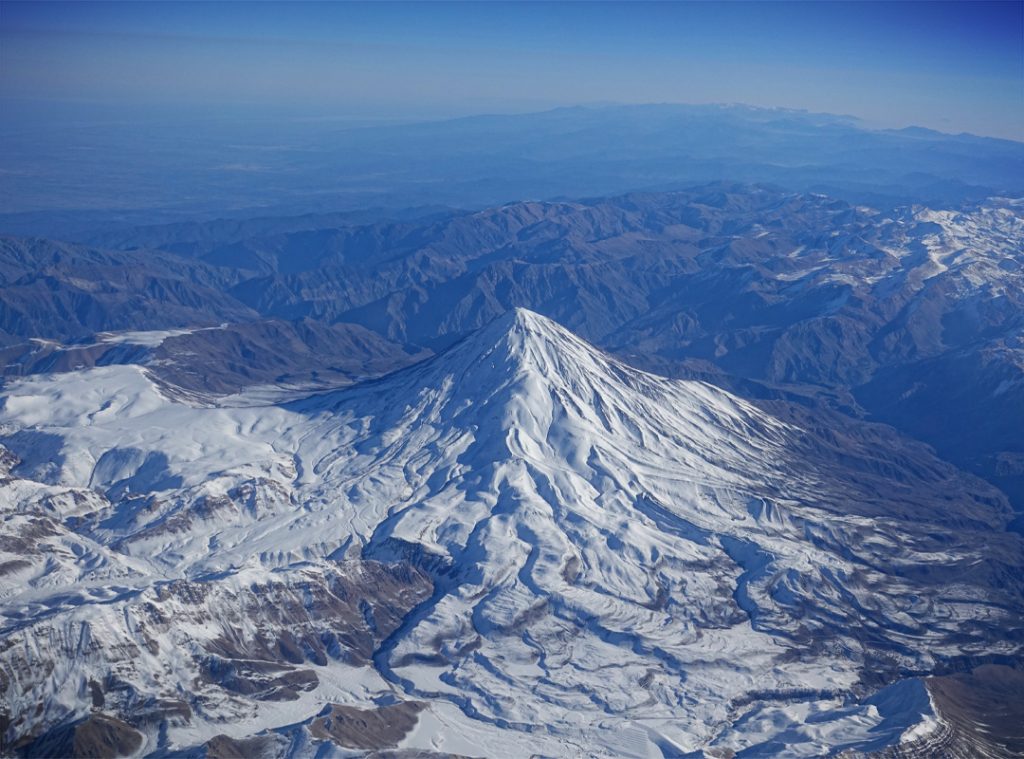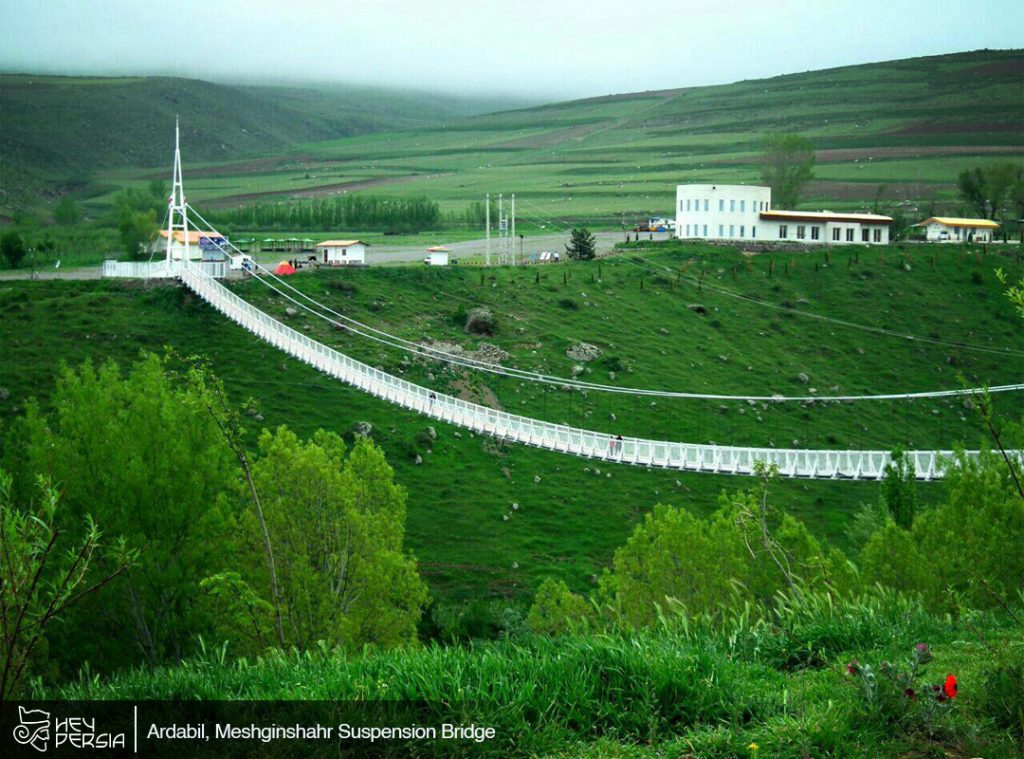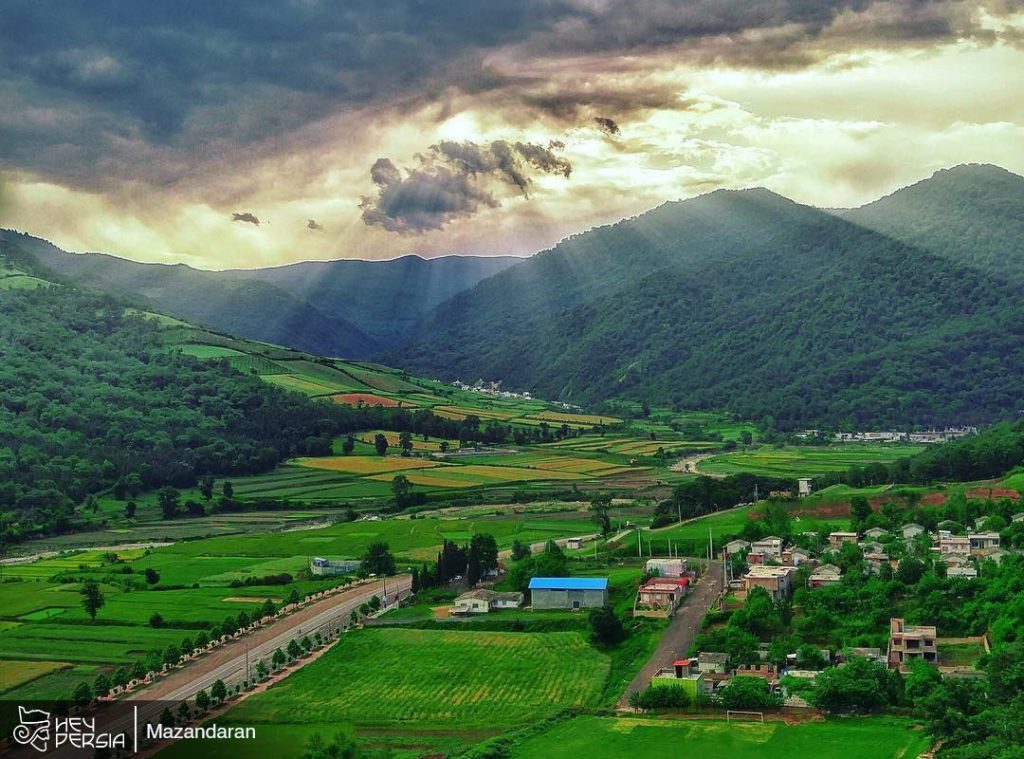The Dalkhani Jungle, nestled in the Ramsar of Iran, is a natural gem that beckons both nature enthusiasts and conservationists alike. This lush and diverse ecosystem, is a remarkable testament to the rich biodiversity found in Iran’s landscapes. Learn more at Hey Persia.
Location and Geography of Dalkhani Jungle in Iran
The Dalkhani Jungle finds its home in the mountains, which extend across Ramsar village and north-western Iran. This location imparts unique geographical features to the jungle, making it a haven for an array of plant and animal species.
Diversity of Flora in Dalkhani Jungle in Iran
One of the most striking aspects of the Dalkhani Jungle is its rich diversity of plant life. The jungle is known for its lush and dense vegetation, including a variety of tree species. Oak, beech, and hawthorn trees are among the prominent flora in the area. The dense canopy formed by these trees creates a shaded, cool environment, even in the heat of summer.
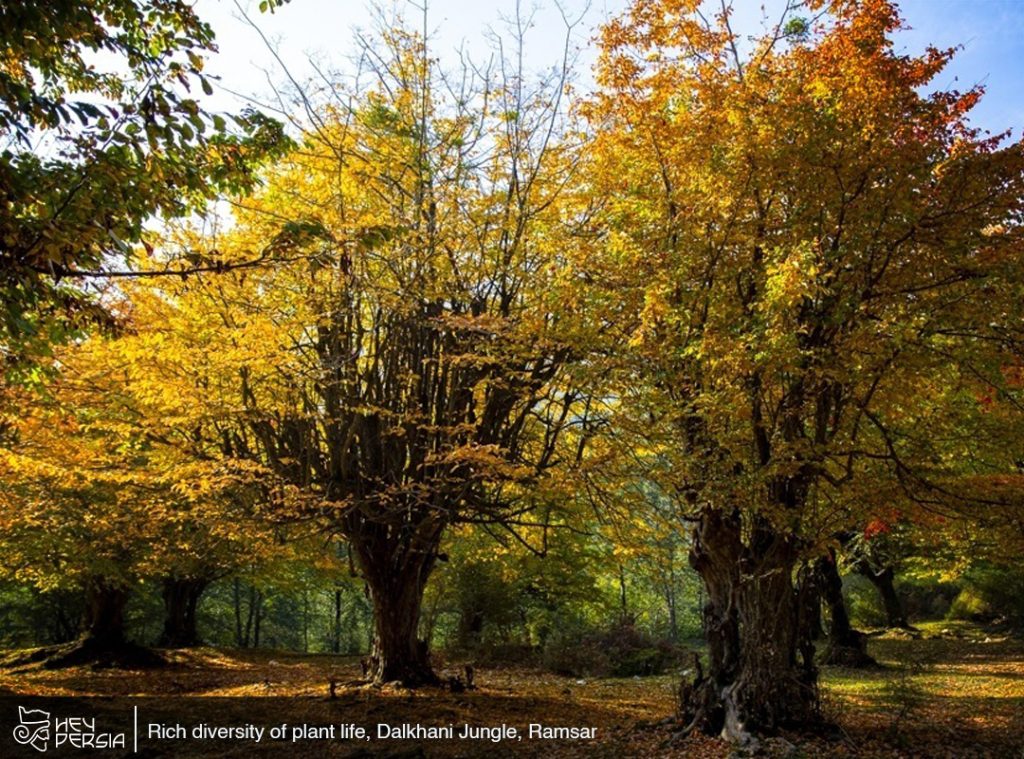
Habitat for a Myriad of Species
The Dalkhani Jungle serves as a sanctuary for an impressive array of wildlife. It is home to various mammals, including Persian leopards, wild boars, foxes, and numerous bird species. The jungle’s diverse and thriving ecosystem has earned it recognition as a protected area, highlighting its vital role in the conservation of Iran’s wildlife.
Protecting the Dalkhani Jungle’s Ecosystem
Given the ecological importance of the Dalkhani Jungle, several conservation efforts have been put in place to preserve its unique ecosystem. These initiatives aim to safeguard the flora and fauna, prevent habitat destruction, and educate the public about the importance of this natural resource.
Biodiversity and Endangered Species
The Dalkhani Jungle’s significance extends to the protection of endangered species, most notably the Persian leopard. This elusive big cat finds refuge in the jungle, where conservationists work diligently to ensure its survival. Preserving the jungle is integral to safeguarding the future of this magnificent creature.
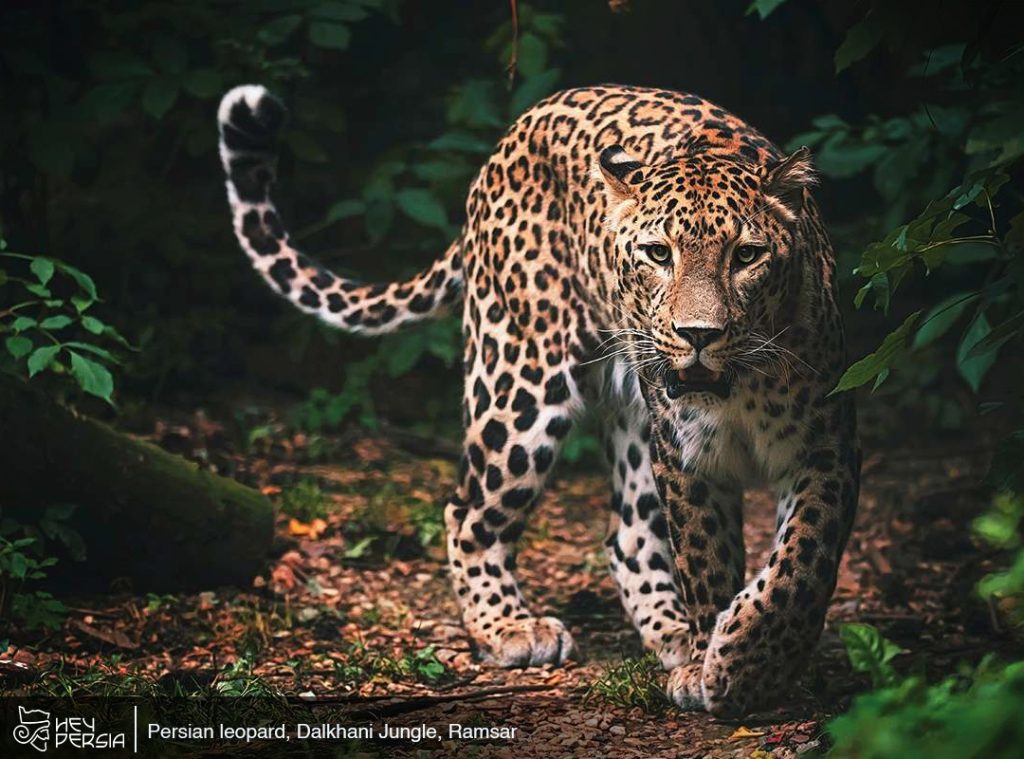
Balancing the Elements
The climate in the Dalkhani Jungle varies with the seasons. In the summer, the jungle offers a cool and refreshing escape from the region’s heat. Winters can be cold and snowy, adding to the jungle’s allure. This seasonal variation in weather adds to the charm of the jungle and makes it a destination worth visiting throughout the year.
Exploring the Jungle’s Wonders
The Dalkhani Jungle has become a popular destination for tourists and outdoor enthusiasts. Visitors can explore its diverse flora and fauna, enjoy hiking and trekking through its scenic trails, and experience the beauty of the Zagros Mountains. The jungle’s serene atmosphere provides a unique opportunity for nature lovers to connect with the great outdoors.
Embedded in Persian Culture
The Dalkhani Jungle holds cultural significance in Persian literature, art, and folklore. It has been the subject of numerous poems and stories, making it an integral part of Iran’s cultural heritage. The jungle’s lush beauty has inspired many Persian artists and writers throughout history.
Balancing Conservation and Tourism
The Dalkhani Jungle faces a delicate balance between conservation and tourism. While tourism can bring economic benefits to the region, it also poses challenges in terms of preserving the jungle’s fragile ecosystem. Careful planning and sustainable tourism practices are essential to ensure the jungle’s long-term survival.
Dalkhani Jungle in Iran and all the beauties
The Dalkhani Jungle in Iran is a living testament to the extraordinary biodiversity found within the country’s landscapes. It is a place of natural beauty, a haven for endangered species, and a source of cultural inspiration. As visitors explore its lush trails and serene landscapes, they contribute to the ongoing narrative of preserving and celebrating this remarkable natural treasure in southern Iran.

